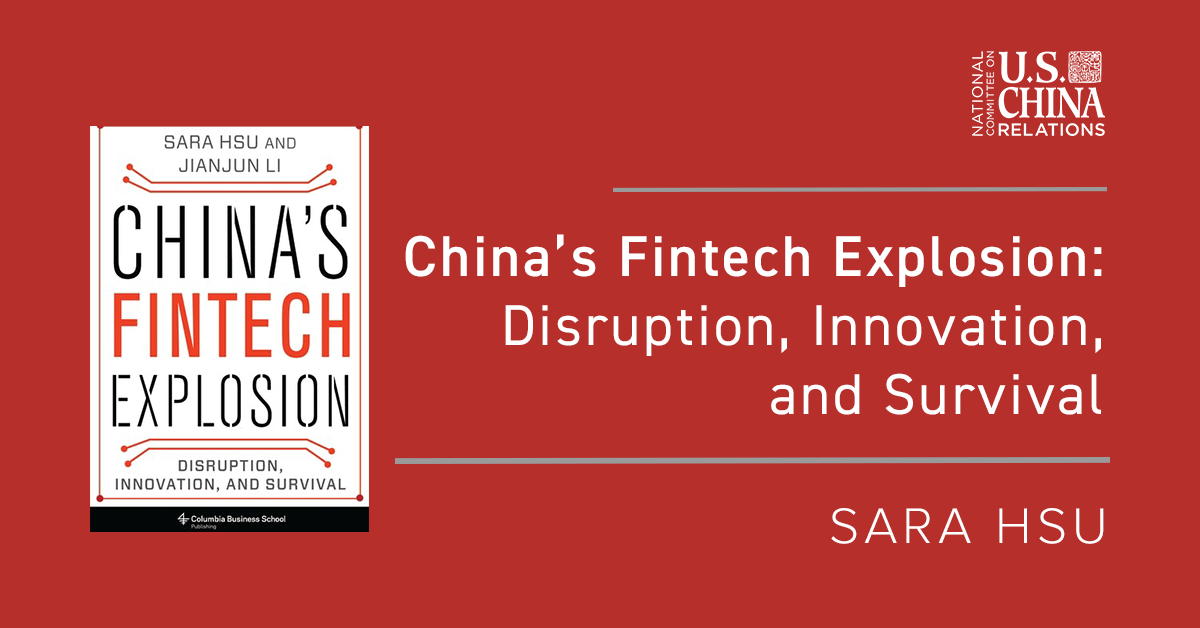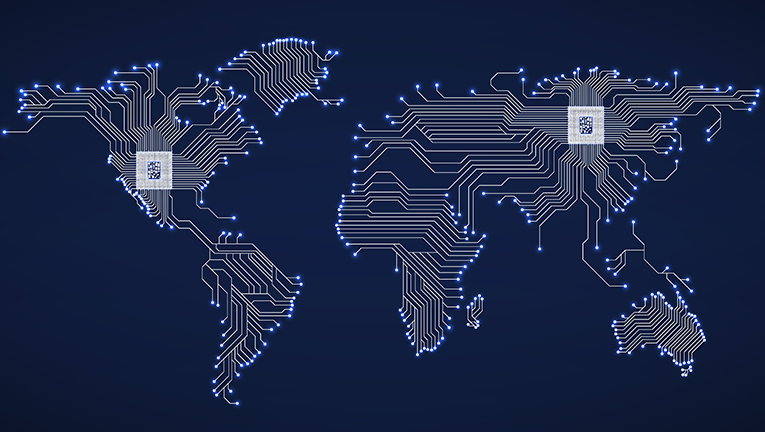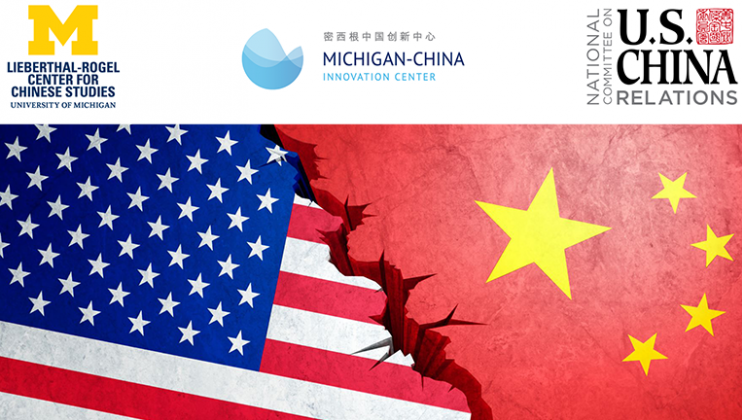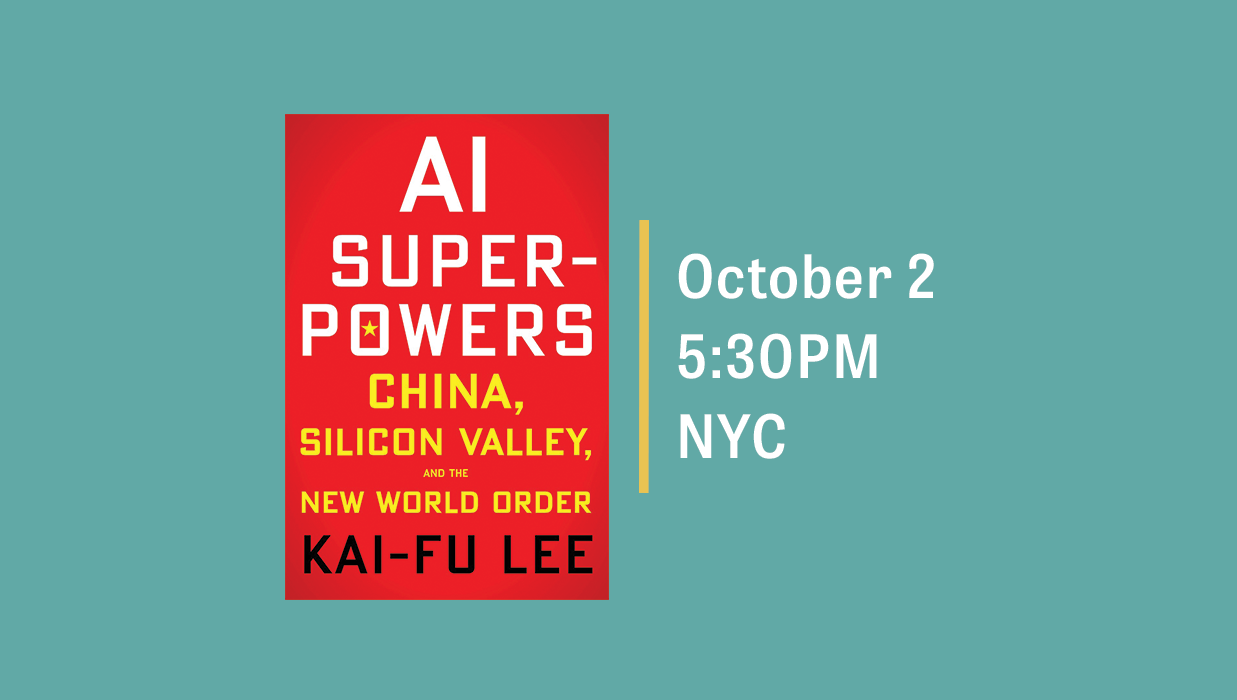Economist and author Sara Hsu analyzes the risks, rewards, and impact of the financial technology industry in China and beyond.
What do the Executive Orders banning transactions with ByteDance and Tencent mean for U.S.-China technology decoupling and bilateral venture capital investing?
As U.S.-China relations continue to deteriorate, two components of the relationship that have been successful in the past are increasingly coming under attack: higher education and scientific collaboration.
NCUSCR board director William Ford, CEO of General Atlantic, discussed the future of cross border technology investment and market access.
Anja Manuel and Paul Triolo discussed the policies that contributed to China's technological rise, the geopolitical implications of this rise, how U.S. firms should approach this new order, and how recent developments, such as the Phase I trade agreement and COVID-19 pandemic, have affected technological collaboration.
Matt Sheehan examines the varied, broad, and deep ties between the state of California and China to illustrate what is happening on the ground, beyond the power centers of Beijing and Washington.
Dr. Kai-Fu Lee explores the intricacies of artificial intelligence in both China and the United States, and the impact that advances will have on both AI superpowers.
Sue Williams' new film examines the environmental and health impact of the consumer electronics industry.
As part of an overall strategic review, the Rockefeller Foundation asked the National Committee to help it look at how China’s emergence affects the foundation’s strategies and goals. The China Project is an ongoing series of seminars and discussions begun in 2005 with the aim of providing the Foundation staff an opportunity to examine the global and regional impacts of China’s rise and its implications for Foundation programming around the world. The focus is on issues the Foundation staff identified as important to their programmatic goals.







